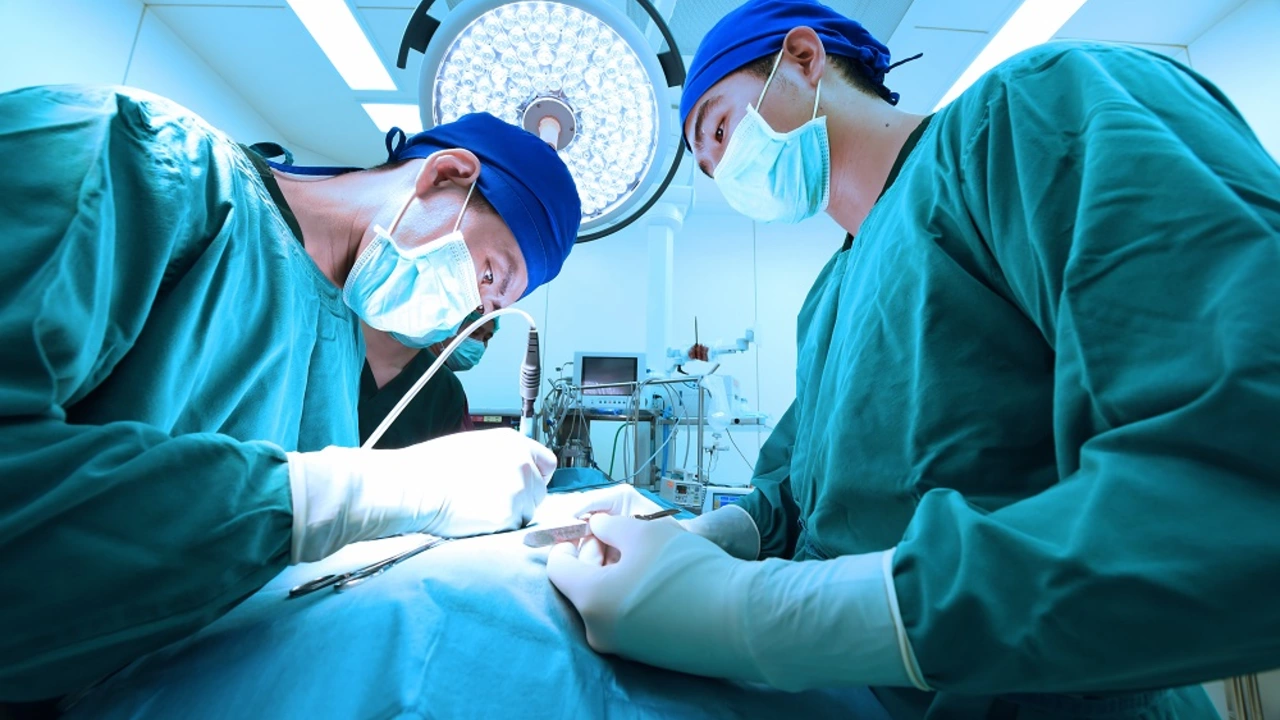Understanding the Importance of Post-Surgery Care
Many women go through vaginal surgery for various reasons such as improving sexual wellness, dealing with health issues, or enhancing aesthetic appeal. Regardless of the reason, understanding the importance of post-surgery care is crucial for a successful recovery. It's not just about getting through the surgery; it's about ensuring that you heal properly and safely. Proper aftercare can significantly reduce the risk of complications, infections, and unnecessary pain. It also speeds up the healing process, allowing you to return to your normal routine sooner.
Immediate Aftercare: What to Expect
Immediately after the surgery, you should expect some discomfort. Depending on the type of surgery, you might feel sore, swollen, and bruised. It's normal to experience some bleeding, which should subside within a few days. Pain medication will be provided to manage discomfort. Remember, everyone heals at their own pace, so don't be too hard on yourself if your recovery seems slower than anticipated. Patience is key during this time.
Hygiene: Keeping the Surgical Area Clean
One of the most important aspects of post-surgery care is maintaining hygiene to prevent infections. You'll likely be advised to take warm sitz baths, which involve sitting in a few inches of warm water. This not only helps keep the area clean but also relieves discomfort. Avoid using harsh soaps or scrubbing the area. Instead, gently clean it with warm water and pat dry. Changing your sanitary pads regularly is also crucial to maintain cleanliness.
Rest and Recovery: Taking Time Off
Rest is a crucial component of the healing process. It's recommended to take a few weeks off work and avoid strenuous activities. This gives your body the time it needs to heal. While it might be tempting to jump back into your normal routine, pushing yourself too hard can hinder your recovery. Listen to your body and take it easy. Remember, it's okay to ask for help with household chores or childcare during this period.
Nutrition: Eating for Healing
Proper nutrition plays a significant role in your recovery. Eating a balanced diet rich in proteins, vitamins, and minerals can speed up the healing process and boost your energy levels. Hydration is also crucial. Make sure to drink plenty of water throughout the day. If you're experiencing constipation due to the pain medication, include high-fiber foods in your diet or discuss a suitable laxative with your doctor.
Follow Up Appointments: Keeping Up with Your Doctor
Follow-up appointments with your doctor are not something to be skipped or taken lightly. These visits allow your doctor to monitor your recovery progress, address any concerns you may have, and prevent potential complications. Always keep your appointments and communicate openly with your doctor about any discomfort or unusual symptoms you might be experiencing.
Emotional Health: Dealing with Post-Surgery Emotions
It's common to experience a range of emotions after surgery. You might feel relieved, anxious, or even a bit depressed. It's important to remember that these feelings are normal and temporary. Don't hesitate to share your feelings with your doctor or a mental health professional. They can provide guidance and resources to help you cope with these emotions. Surrounding yourself with a supportive network of friends and family can also be beneficial.
Returning to Normal Activities: When and How
Resuming normal activities after vaginal surgery should be a gradual process. Start with light activities like short walks, then gradually increase your activity level as your body allows. Sexual activity and the use of tampons should be avoided until your doctor gives you the green light. Remember, everyone's recovery timeline is different. Listen to your body and don't rush the process.


Mary Latham
Look, the "warm sitz bath" hype is overrated – a cool compress actually does the trick better because hot water dilates vessels and can delay clotting.
Trust me, I’ve read the studies and you’ll thank me later.